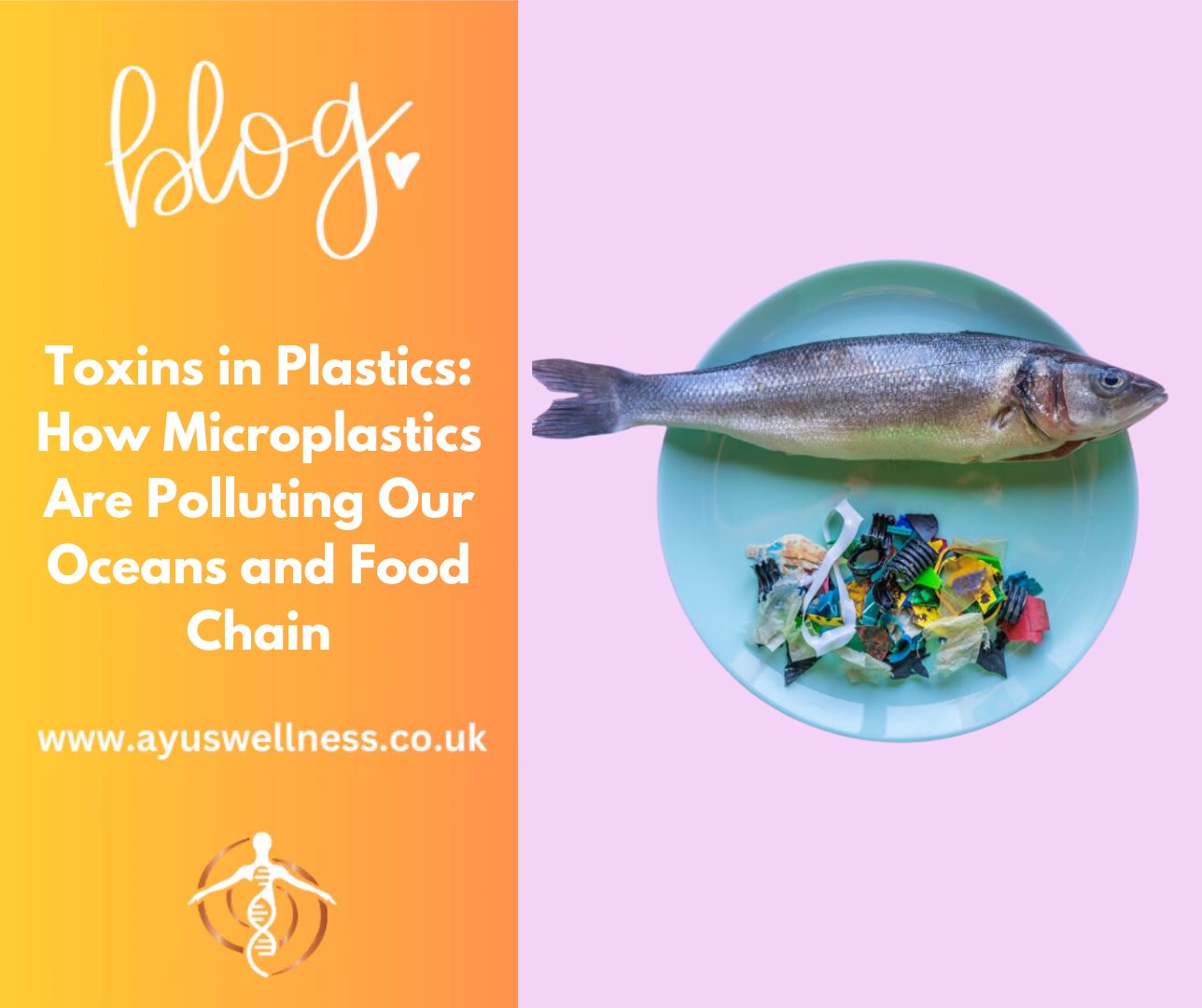
Plastics have become an integral part of our daily lives, but their impact on the environment and human health is cause for concern. In this blog post, we'll delve into the issue of toxins in plastics, particularly microplastics, and explore how they are polluting our oceans and food chain.
Introduction:
Plastics are ubiquitous in modern society, used in everything from packaging to consumer goods. However, the widespread use of plastics has led to a significant environmental problem: the accumulation of microplastics in our oceans and food chain.
The Problem with Plastics:
Plastics are durable and versatile materials, but their slow degradation means that they persist in the environment for hundreds, if not thousands, of years. Over time, larger plastic items break down into smaller fragments known as microplastics, which measure less than 5 millimeters in size.
Impact on Marine Life:
Microplastics pose a significant threat to marine life, as they are often mistaken for food by marine animals such as fish, seabirds, and turtles. When ingested, microplastics can accumulate in the digestive tract, leading to malnutrition, internal injuries, and even death.
Pollution of the Food Chain:
The presence of microplastics in the marine environment has far-reaching consequences for human health, as these particles can enter the food chain through the consumption of seafood. Studies have found microplastics in a wide range of seafood products, including fish, shellfish, and even sea salt.
Mitigating the Problem:
Addressing the issue of plastics pollution requires a multifaceted approach, including efforts to reduce plastic consumption, improve waste management practices, and promote the development of alternative materials. Additionally, individuals can take steps to minimize their own contribution to plastics pollution by reducing their use of single-use plastics and supporting initiatives to clean up plastic waste.
Conclusion:
The proliferation of microplastics in our oceans and food chain is a pressing environmental issue that requires immediate action. By raising awareness of the problem and implementing sustainable solutions, we can work towards a cleaner, healthier planet for future generations.



